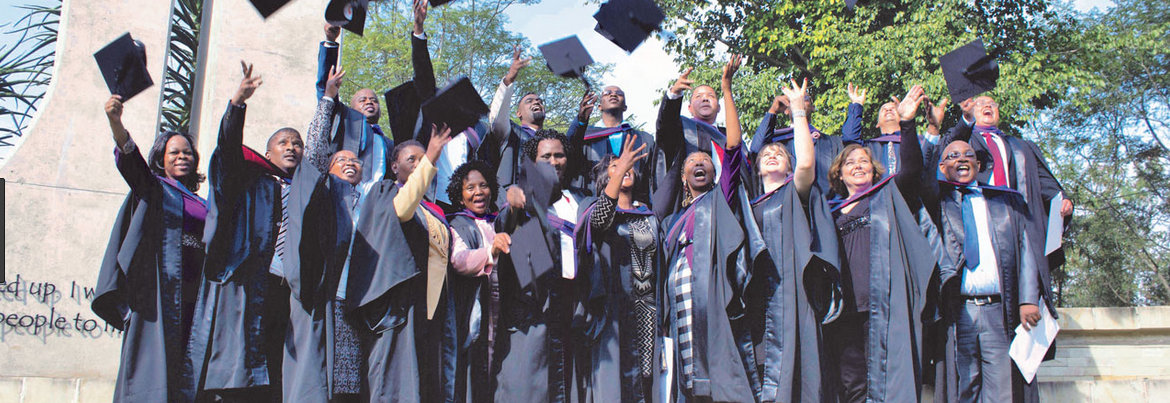The Accidental American
/Less than two weeks from now, Leah and I will be leaving the continent of North America. After a five-day stopover in Madrid to see our oldest daughter and her husband, we’ll be continuing on to South Africa to take up our new lives.
These days are full of packing, disconnecting from services, and saying goodbyes to friends. I’m fairly used to the routine after years of being moved around by a bishop, but this time, I can’t help reflecting on another powerful reality.
As I pack boxes, I am acutely aware of my privilege. That’s a loaded word; most of the time the word is used, it refers to race, as in the term “white privilege.”
But I want to use it in a slightly different sense. Let’s talk about the privilege that comes with holding a navy blue passport, the privilege of being a citizen of the United States of America.
Despite the labyrinthine complications of procuring a visa to South Africa, there is no doubt that it’s easier to get one as an American than it is from many other places in the world.
In world travel, there is a marked advantage to being a US citizen, for many reasons. For one, we are still the world’s lone superpower, at least for now. Americans might be mocked or ridiculed, but we are always taken seriously by other nations.
The dollar remains the most-desired currency in the world, too. Everywhere you go, people want the green bills.
And compared to the vast majority of humans on the earth, we live in luxury.
We can pretty much go anywhere in the world. Many of us have the disposable income to travel whenever we want, wherever we want. We can visit practically any country in the world, and be warmly welcomed in doing so.
Think for a moment how recently in world history this development has taken place. A century ago, a vacation to Europe meant a long boat trip, horse and buggy rides, and the means to sustain oneself for a very long stay away from home. Today, you can make all your plans in a single evening on a computer screen and go to Paris and back in less than a week!
But we should never forget that this is a luxury enjoyed by only a small percentage of the world population. International travel is still reserved for those who can afford it. The vast majority of the world’s people don’t have a travel “bucket list.”
Not only that, but when Americans travel or live in other countries as we will be doing, there is always a safe place to return, a place to which we can go back. No matter where we go, there is always the option to return to the US.
That’s an extremely reassuring thought; no matter where we go, we can always come back. But it’s a privilege that many people don’t have.
Imagine being a refugee family and being chased out of your home, unable to return. Or think about what it’s like to be one of those hundreds of thousands of people who are in the US right now without proper documentation because they have fled their home country for safety or economic security. This week, the President of the United States has essentially announced that these people are personae non gratae, a Latin phrase which means “people who are not appreciated.”
I am an accidental American. I was born here, and I had no say at all in where I was to be born. I am lucky, or fortunate, or blessed. Percentage-wise, it was much more likely that I would have been born in Asia, or in another time period, but here I am.
And there you are.
We are privileged. That’s the hard truth.
We didn’t do anything to deserve the privilege that comes with being an American citizen, it happened without our input. Our privilege doesn’t make us any more or less deserving of God’s grace, nor does it make us more or less a child of God.
But it does make us more responsible. Our privilege becomes a responsibility for those of us who believe in the shalom and justice of God. When we look at the world, we recognize that there are billions of people who are not likewise privileged. We recognize that there are millions of people in our own country who suffer from the disparities of race and wealth. We come to realize that our privilege is something that is truly accidental.
As Christians, we have a responsibility to look out for those who are not privileged, those who suffer from poverty or geographical hardship, those who are not appreciated.
So … what are you going to do with your privilege?




